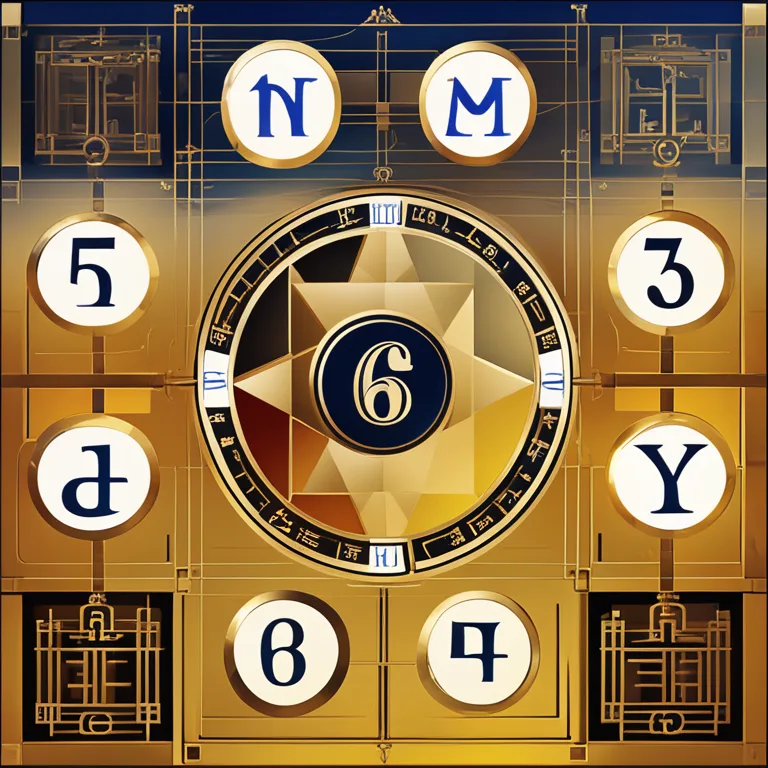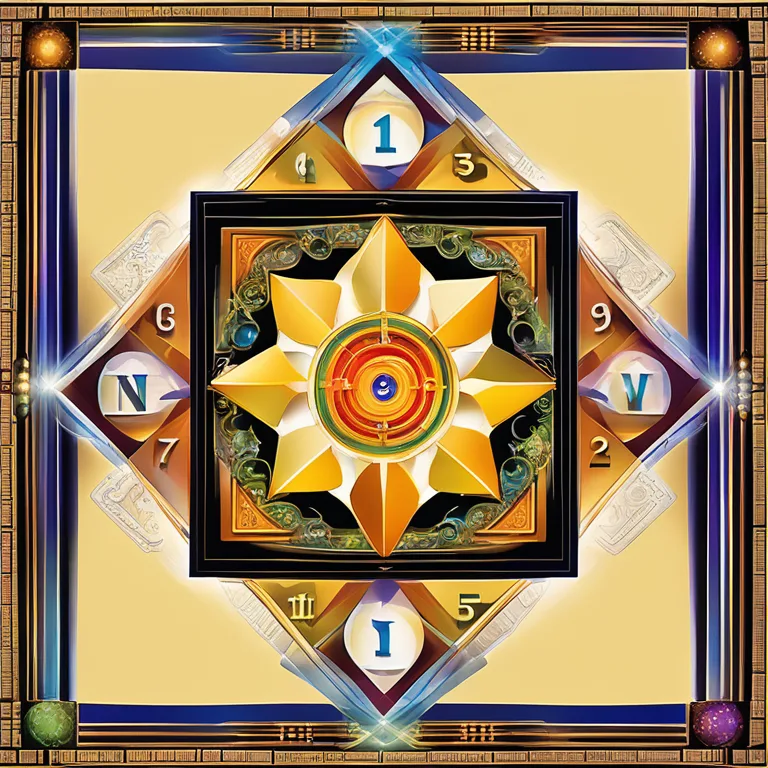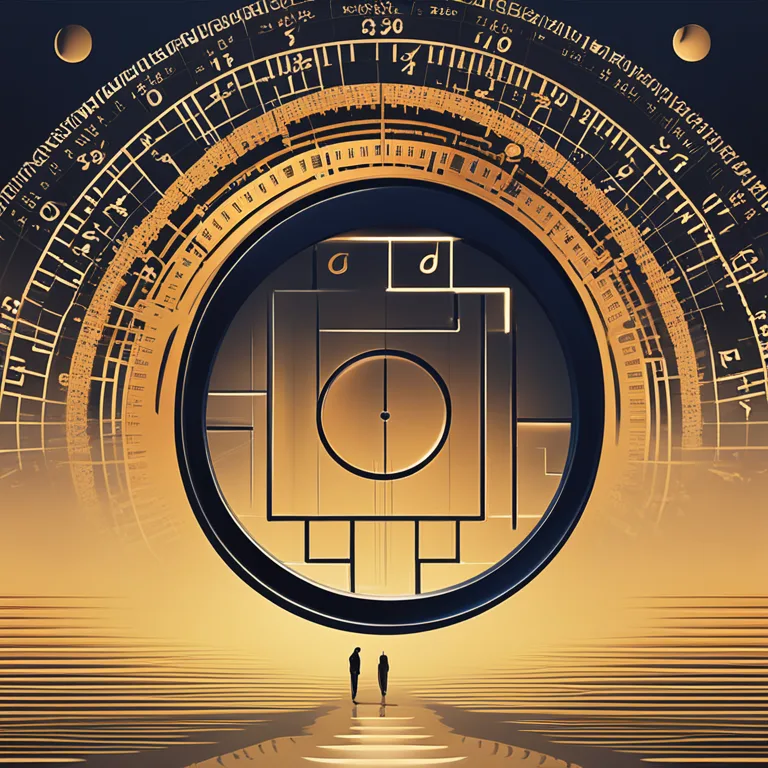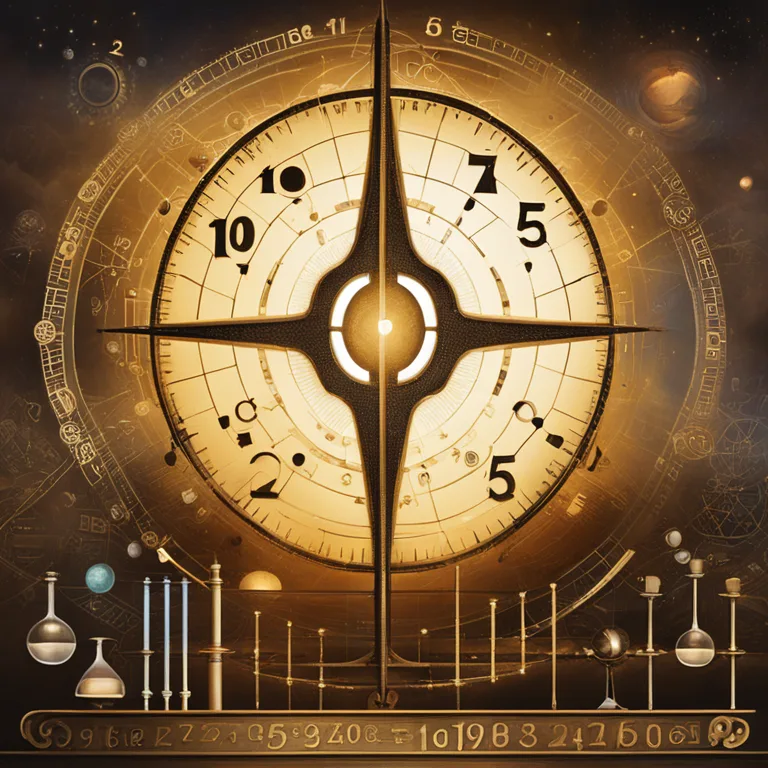
The Reality of Numerology: A Rational Inquiry
Is numerology a credible practice or mere superstition? Dive into this rational inquiry to discover the legitimacy of numerological beliefs.
article by Priya Deshmukh
Numerology is an ancient practice that suggests a mystical connection between numbers and life events. It's a belief system that assigns significance to various numbers and claims that they can influence our lives in profound ways. The concept isn't new—it has been present in various cultures and civilizations throughout history. However, as our world becomes ever more data-driven, some may wonder if there's a place for such an ancient belief system in the present day. As numerology becomes a topic of interest in various wellness and spiritual circles, it is vital to assess its claims against the backdrop of modern scientific understanding.

The roots of numerology trace back to the philosophies of ancient Greece, Egypt, and Babylon, where philosophers and mathematicians like Pythagoras posited theories about the significance of numbers. Numerologists believe that numbers have unique vibrations and energies that can affect personal traits, life events, and even destiny. Core components of a person's numerological chart include life path numbers, destiny numbers, and soul urge numbers. While enthusiasts find personal meaning and guidance in these numbers, skeptics question the empirical basis for such profound assertions.

Numerology sits at the heart of a longstanding debate between science and belief. Scientifically, the efficacy of numerology has not been proven. The scientific method demands verifiable evidence through experimentation and reproducibility, which numerology has yet to provide. Instead, it is considered a pseudoscience by critics because it relies on anecdotal evidence and subjective interpretation. Believers often counter that not all aspects of human experience can be quantified or measured by scientific standards, and that numerology offers a different lens through which to view the world—one that can bring comfort and insight even if it can't be scientifically validated.

In a contemporary context, numerology finds its place within the broader spectrum of new age practices aimed at personal development and understanding. With the burst of the digital age, online numerology readings and mobile apps have made numerology more accessible than ever. The use of numerology in planning future events or making life choices is particularly popular, with many adherents looking to their numerological forecasts for guidance in 2024 and beyond. However, without concrete evidence to support its predictions, numerologists must rely on the subjective experiences and testimonies of those who find value in their readings.

There are psychological factors that help explain the enduring appeal of practices like numerology. Humans have a natural inclination to find patterns in the world, a process known as apophenia. This, coupled with the confirmation bias—where one tends to notice and remember information that confirms existing beliefs—can lead individuals to perceive accuracy in numerologically-derived predictions. The cognitive biases that favor the belief in numerology aren't necessarily negative; they may provide comfort or act as a placebo, giving individuals a greater sense of control over their lives.
If one chooses to explore numerology, it should be approached with discernment and a critical mind. While some may argue that numerology offers psychological benefits and personal insights, it should not replace practical decision-making or professional advice. Moreover, numerologists providing services should operate with integrity, making it clear that their guidance is interpretative and not based on scientific proof. In this way, numerology can be safely integrated into one's personal spiritual or self-help practices, while maintaining a healthy perspective on its limitations.
Numerology, like many esoteric practices, continues to intrigue and provide solace to many. While it lacks the empirical evidence required to be classified as a scientific reality, its importance to certain individuals cannot be dismissed. Numerology's realness, therefore, might be subjective, depending on one's personal beliefs and the value they derive from it. As we move into 2024 and beyond, numerology's relevance depends not on universal acceptance, but on whether it continues to resonate on a personal level with those who practice it.
Published: 12/22/2023
Modified: 12/22/2023
More predictions
Come back here soon to learn more about yourself and your future


Your Moon Sign Through Birth Charts
Discover the significance of your moon sign and how to find it using your birth chart in this insightful article for astrological enthusiasts.


Birth Chart Analysis Sans Time
Create a meaningful birth chart without an exact birth time—a complete guide for astrology enthusiasts seeking insights from their natal chart.


The Influence of Uranus in Birth Charts
Discover the significant role of Uranus in your astrological birth chart and its impact on innovation, rebellion, and personal growth.